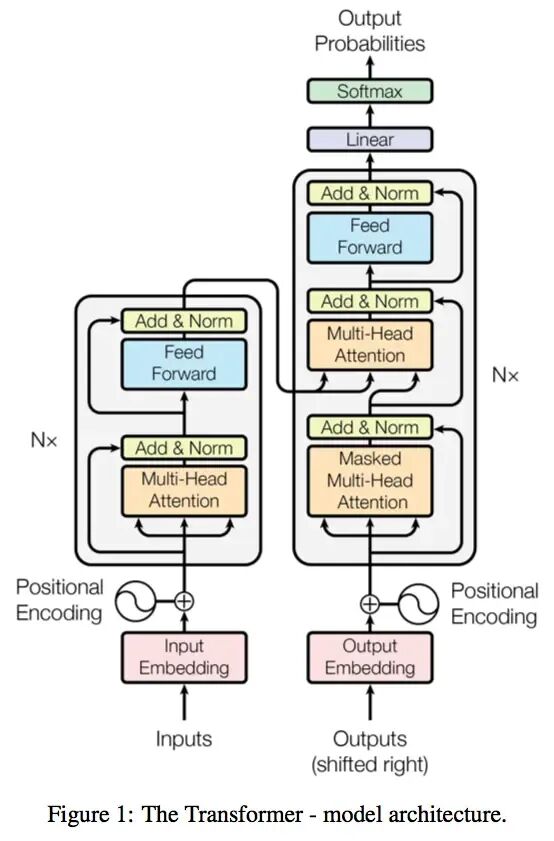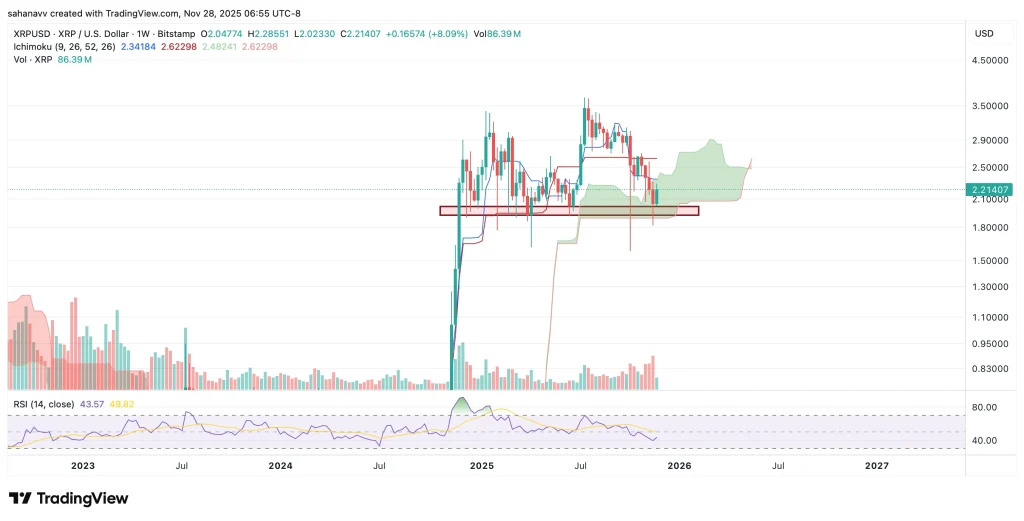Monero Boosts Privacy with “Fluorine Fermi” Update to Counter Network Surveillance
Monero has released a new software update to strengthen privacy protections and defend against potential surveillance on its network. The release comes as the blockchain community continues to debate the balance between transparency, anonymity, and security in the digital finance sector.

In brief
- The “Fluorine Fermi” update introduces a safer peer selection algorithm to block malicious or untrustworthy nodes.
- Monero’s new release strengthens privacy against “spy nodes” that attempt to link IPs to specific transactions.
- Developers describe the update as a key defense in the ongoing battle against blockchain surveillance efforts.
- Following the update, XMR briefly hit a three-week high, as privacy and network security remain top priorities.
New Client Release Targets Network-Level Surveillance
The privacy-focused blockchain announced the release of a new client update designed to strengthen defenses against so-called “spy nodes” that threaten user anonymity on the network.
Announced Thursday via X, the “Fluorine Fermi” software update was described by developers as “a highly recommended release.” The update introduces a more secure peer selection algorithm that reduces the likelihood of connecting to malicious or untrustworthy nodes.
In the Monero ecosystem, “spy nodes” are malicious actors—often groups of nodes or botnets—that attempt to link IP addresses to specific transactions. This undermines Monero’s core mission of maintaining private, untraceable transactions.
Fluorine Fermi’s key improvement lies in its enhanced peer selection process. The update helps nodes avoid large IP subnets often used by spy nodes and instead prioritizes safer, more diverse connection sources. The release also includes general reliability and stability improvements for smoother network performance .
Monero developers emphasized that the update adds another layer of protection for users who value privacy.
Monero Tightens Privacy as Tracking Threats Persist
The Monero community has long been proactive in combating network surveillance. Researchers and developers have explored multiple approaches, including encouraging users to run their own nodes, implementing advanced privacy protocols, and sharing best practices for secure operation.
In late 2024, the Monero Research Lab proposed a mechanism allowing node operators to create local ban lists of IP addresses suspected of hosting spy nodes . Though this can help block known threats, it’s not a complete solution, as malicious operators can easily deploy new IP addresses to bypass restrictions.
Another widely used tool within the ecosystem is Dandelion++, a protocol that conceals transaction origins by relaying them through a random network path before broadcasting them. This method makes it more difficult for attackers to correlate transactions with IP addresses.
Monero’s renewed focus on privacy follows a September 2024 leak of a Chainalysis video that suggested a growing interest in tracking Monero transactions. Developers described the update as part of a continuous “cat-and-mouse game” between privacy advocates and surveillance efforts—an ongoing struggle that defines the future of anonymous blockchain transactions.
Disclaimer: The content of this article solely reflects the author's opinion and does not represent the platform in any capacity. This article is not intended to serve as a reference for making investment decisions.
You may also like
No wonder Buffett finally bet on Google
Google holds the entire chain in its own hands. It does not rely on Nvidia and possesses efficient, low-cost computational sovereignty.

HYPE Price Prediction December 2025: Can Hyperliquid Absorb Its Largest Supply Shock?

XRP Price Stuck Below Key Resistance, While Hidden Bullish Structure Hints at a Move To $3

Bitcoin Price Prediction: Recovery Targets $92K–$101K as Market Stabilizes
